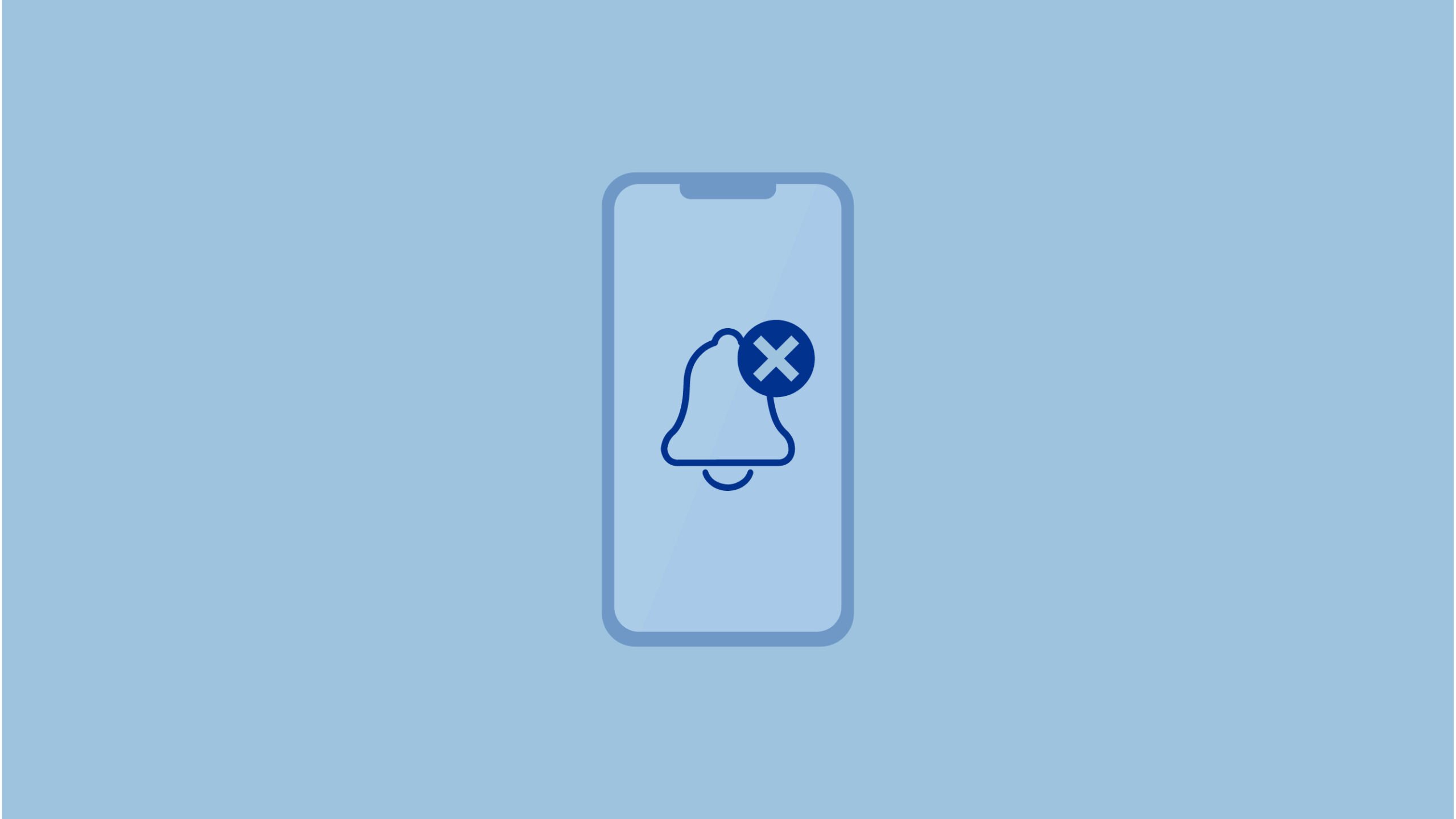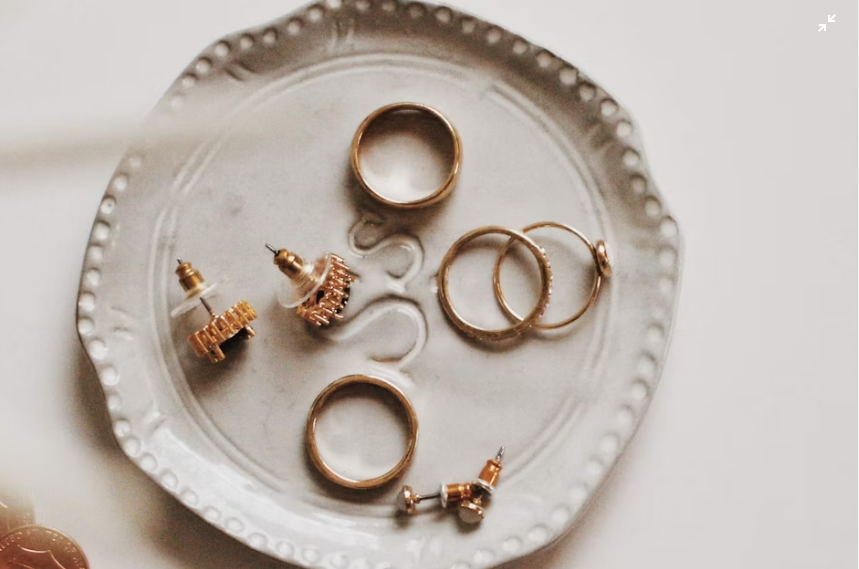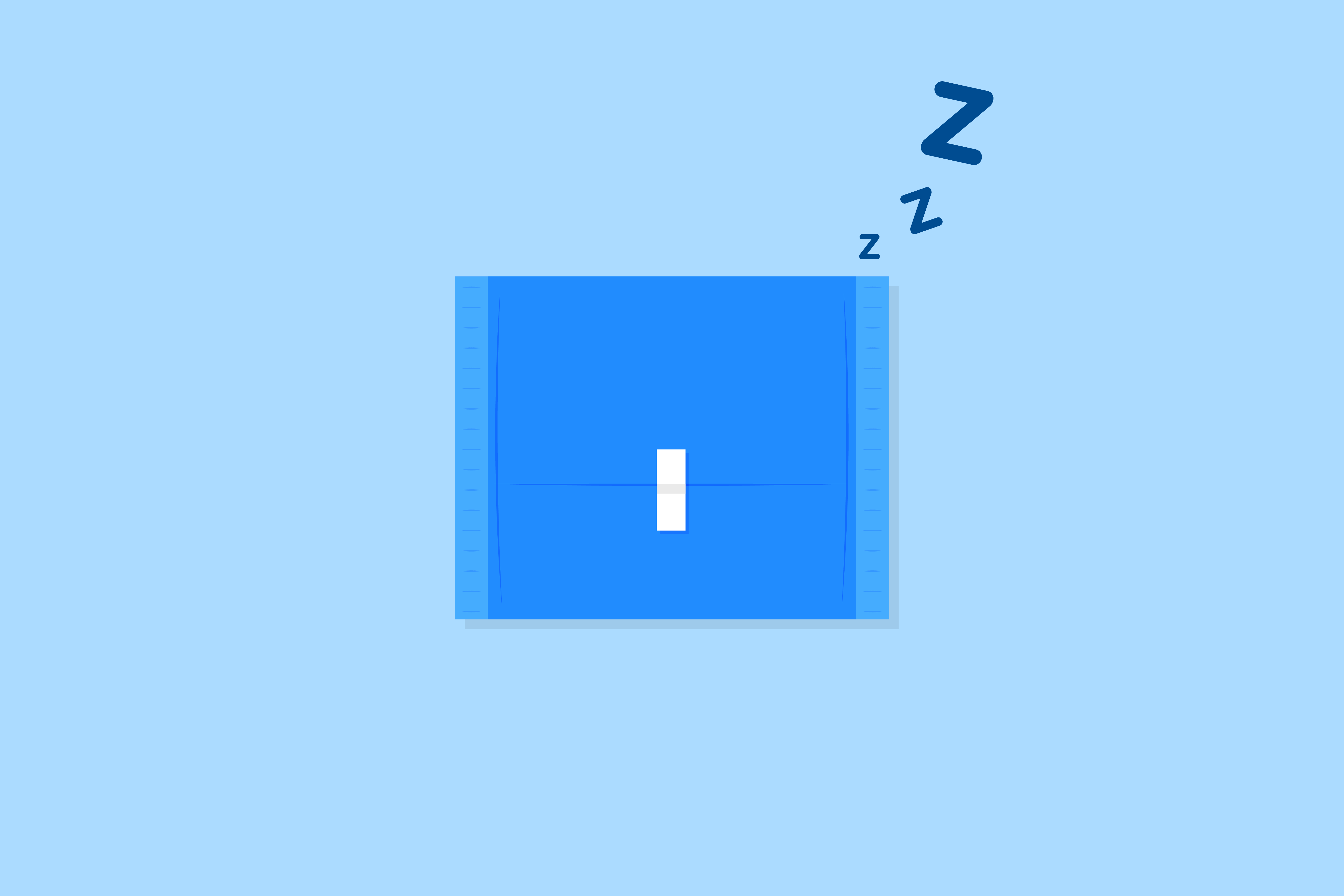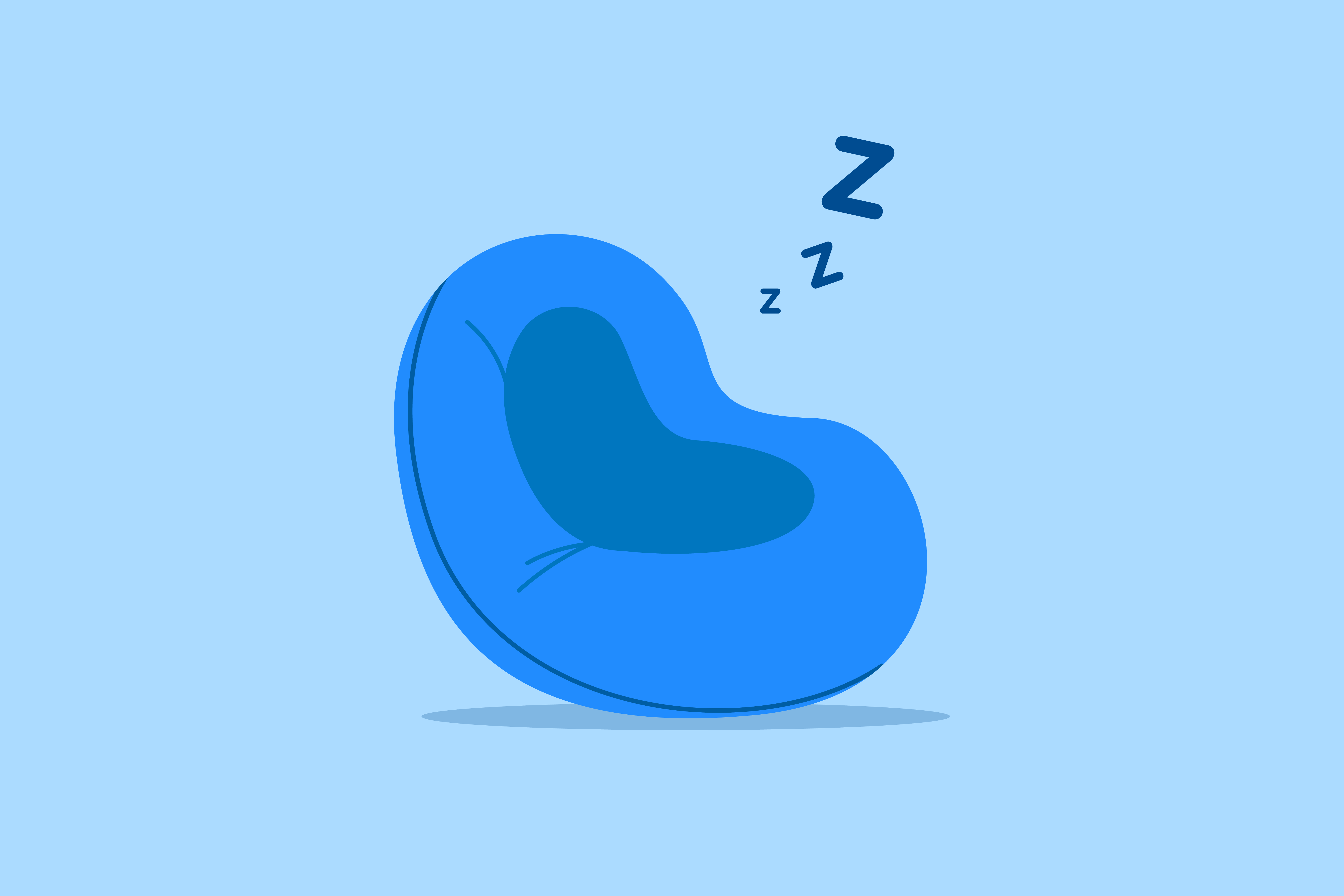Key Takeaways
- Establish a Consistent Bedtime Routine: Building a consistent bedtime routine is foundational for a good night’s sleep. It involves reducing screen time before bed, especially on devices emitting blue light. This practice supports melatonin production, crucial for regulating the sleep-wake cycle circadian rhythm, leading to improved sleep quality.
- Set a Technology Curfew: Implementing a technology curfew, turning off electronic devices at least one hour before bed, aids the body in preparing for sleep. Utilize this tech-free hour for non-screen activities like reading, deep breathing exercises, or creating a screen-free zone in your bedroom, contributing to a more peaceful transition to bedtime.
- Engage in Relaxation Techniques: After setting a technology curfew, embrace relaxation techniques. Such activities calm the mind and body, making it easier to fall asleep. Incorporating relaxation techniques into your routine enhances stress reduction, promoting a more peaceful and restful night’s sleep.
Picture this: After a long day, you finally hit the hay, but instead of drifting off to dreamland, you’re scrolling through social media or catching up on emails. Sound familiar? You’re not alone.
“The use of smartphones before bedtime is a significant concern for sleep quality,” says Dr. Jordan Burns. “Research, notably in Verified Source National Library of Medicine (NIH) World’s largest medical library, making biomedical data and information more accessible. View source ‘The Journal of Sleep Research,’ consistently Verified Source National Library of Medicine (NIH) World’s largest medical library, making biomedical data and information more accessible. View source links Verified Source National Library of Medicine (NIH) World’s largest medical library, making biomedical data and information more accessible. View source excessive screen time Verified Source ScienceDirect One of the largest hubs for research studies and has published over 12 million different trusted resources. View source to disrupted sleep patterns. The blue light emitted by screens interferes with melatonin production, delaying sleep onset. Acknowledging this impact is crucial for anyone seeking optimal sleep hygiene.”
Yes, the blue light emitted from our beloved digital devices can interfere with our natural sleep-wake cycle, making it harder to fall asleep and stay asleep. But fear not! This blog post provides a treasure trove of strategies on how to stop using your phone before bed, helping you break up with your phone and enjoy a restful night’s sleep.
Establish a Consistent Bedtime Routine
We all know the saying, “You snooze, you lose.” But when it comes to a good night’s sleep, the opposite is true. Establishing a consistent bedtime routine is like laying the foundation for a house. It sets the stage for a good night’s sleep, which is crucial for overall health and well-being, and helps maintain our circadian rhythm and natural sleep cycle.
Building this foundation of a consistent sleep schedule involves reducing screen time before bed, particularly on devices that emit blue light such as our phones and tablets.
Now, you might be thinking, “But I use my phone to unwind before bed.” While it might feel like scrolling through social media or watching a TV show helps you relax, our digital devices can make falling asleep much harder.
This may be because blue light can interfere with melatonin production, a hormone that regulates our sleep-wake cycle, leading to shorter sleep duration and poor sleep quality Verified Source Harvard Health Blog run by Harvard Medical School offering in-depth guides to better health and articles on medical breakthroughs. View source Another theory is that the stimulating content on our phones prods our brains to be active. Researchers are still studying how screen time affects the brain. Verified Source Harvard Health Blog run by Harvard Medical School offering in-depth guides to better health and articles on medical breakthroughs. View source
Regardless, reducing screen time and limiting activities you do in your sleep space, such as no watching TV in the bedroom, and implementing a technology curfew paves the way for a more restful night’s sleep.
“As a practitioner deeply invested in holistic sleep health, I advocate for practical strategies to break the smartphone-before-bed habit,” says Dr. Burns. “Establishing a ‘no-screen zone’ at least 30 minutes before bedtime allows the brain to unwind. This time can be dedicated to calming activities such as reading a physical book or engaging in relaxation techniques. Simple, actionable changes can significantly improve sleep quality.”
Set a Technology Curfew
Just as you might set a curfew for a teenager, setting a technology curfew for yourself can work wonders for your sleep health. Setting a hard and fast rule to turn off all electronic devices at least one hour before bed can help your body prepare for sleep.
But what do you do during this tech-free hour? The possibilities are endless, but the key is to focus on non-screen activities that help you relax and unwind.
Whether it’s reading a physical book, practicing deep breathing exercises, soaking in a warm bath, having an at-home spa night, or creating a screen-free zone in your bedroom, these activities can help you transition from the hustle and bustle of the day to a more peaceful and restful night’s sleep.
Remember, the goal of the technology curfew is not to add another task to your to-do list, but to give your body and mind the break they need to prepare for a good night’s sleep. If you perform self-care tasks during this time, such as a nighttime skin routine, don’t just let them be a chore. Try to make them feel like an indulgence.
“Scientific evidence, including research from ‘The Lancet Neurology,’ underscores the link between prolonged screen time and insomnia,” says Dr. Burns. “Understanding the physiological impact of exposure to artificial light on the sleep-wake cycle is crucial. By incorporating this knowledge into our daily routines, we empower ourselves to make informed decisions about technology use and prioritize sleep as an integral component of overall health.”
Engage in Relaxation Techniques
Once you’ve set your technology curfew, it’s time to engage in some relaxation techniques. These are activities that help calm your mind and body, making it easier to fall asleep.
Some effective relaxation techniques to practice before bed include deep breathing exercises, journaling before bed, and gentle stretches. These activities can help reduce stress and anxiety, and create a more peaceful mind, ready for a good night’s sleep.
So next time you find yourself reaching for your phone before bed, why not try a relaxation technique instead?
Create a Sleep-Friendly Environment
Creating a sleep-friendly environment is like setting the stage for a restful night’s sleep. It’s about making your bedroom a sanctuary, a place where you can unwind and relax without the distraction of screens or other devices.
From controlling the room temperature and reducing clutter to managing light and even utilizing essential oils, there are many ways to create a sleep-friendly environment. The goal is to make your bedroom a place that signals to your body that it’s time to unwind and sleep.
Creating a space conducive to sleep significantly improves your chances of getting a good night’s sleep, resulting in a more restful night’s sleep experience.
Manage Your Phone Notifications
Phone notifications can be like little digital gremlins, disrupting your peace and quiet with their constant pings and buzzes. But fear not! Managing your phone notifications can help minimize these distractions and enhance your sleep quality.
From setting your phone to “Do Not Disturb” mode during your bedtime hours to customizing your settings to only receive essential notifications, there are many ways to take control of your phone notifications. Taking these steps ensures that your phone serves you, rather than you serving it.
Prioritize Essential Notifications
Our phones are constantly bombarding us with notifications, from social media updates to news alerts, emails, and more. But not all notifications are created equal. By customizing your phone settings to only receive important notifications, such as emergency alerts or reminders, you can cut through the noise and focus on what truly matters.
There are several ways to prioritize essential notifications on your phone. For instance, on Android devices, you can press and hold your finger on a notification and tap on ‘Priority’ to customize your notification settings.
Similarly, there are numerous applications available to help you manage notifications on your smartphone. Taking control of your notifications reduces distractions and enhances your sleep quality.
Use “Do Not Disturb” Mode
Another effective way to manage your phone notifications is to use “Do Not Disturb” mode. This feature, available on both iPhone, Pixel, and Android devices, silences notifications and alerts, making it a great tool to use during your bedtime hours.
Setting your phone to “Do Not Disturb” mode is as simple as going to your phone settings and activating the feature. Just remember to adjust the settings according to your preferences.
For instance, you may want to allow calls from certain contacts to come through, even when your phone is in “Do Not Disturb” mode. Using this feature guarantees a peaceful and uninterrupted sleep.
Schedule Specific Times for Checking Messages
Finally, consider scheduling specific times throughout the day for checking messages and emails. This can help you avoid the temptation to check your phone during your bedtime hours and disrupt your sleep.
Designating specific times for checking messages has several benefits:
- It helps improve your sleep quality
- It boosts your productivity during the day
- It allows you to focus on your tasks without interruptions
- It leads to increased efficiency and better time management.
So, instead of checking your phone every time it pings, why not set specific times throughout the day to check your messages and emails?
Replace Screen Time with Alternative Activities
So, you’ve set a technology curfew, established a sleep-friendly environment, and taken control of your phone notifications. What’s next? It’s time to replace screen time with alternative activities.
From taking a warm bath to reading a physical book, there are many activities you can engage in to unwind and prepare for sleep without the use of screens, ensuring you’re not another statistic contributing to cellphone usage across the states. Replacing screen time with these activities promotes better sleep and improves your overall well-being.
Read a Physical Book
Another great alternative to screen time is reading a physical book. There’s something about turning the pages of a book that’s incredibly soothing and relaxing. Plus, it’s a great way to escape from the digital world for a while.
So, instead of reaching for your phone or tablet before bed, why not reach for a book instead? You likely can store a few books in the bedroom on your nightstand, including one or two favorites you find relaxing to re-read.
Or if you’re a deeply dedicated reader, you might prefer a bookcase bed frame. Whether you prefer fiction or non-fiction, reading can help you unwind and prepare for a good night’s sleep.
Use Blue Light Blocking Techniques
While reducing screen time is beneficial for sleep, it’s not always possible to completely avoid screens, especially in our digital age. That’s where blue light-blocking techniques come in. These techniques can help reduce the harmful effects of blue light on sleep, making it easier to fall asleep and stay asleep.
From wearing blue light-blocking glasses and installing blue light filters on devices to adjusting screen brightness and settings, there are many ways to reduce your exposure to blue light. Incorporating these techniques into your routine mitigates the negative effects of blue light and enhances your sleep quality.
Wear Blue Light-Blocking Glasses
Blue light-blocking glasses are a popular tool for reducing exposure to blue light. These glasses have filters in their lenses that block or absorb blue light, as well as bright light, helping to protect your eyes and enhance your sleep quality.
Wearing blue light-blocking glasses before bed can help your body produce melatonin, the hormone that regulates sleep. This can make it easier to fall asleep and stay asleep, especially if you must use screens in the evening.
Install Blue Light Filters on Devices
Another effective way to reduce blue light exposure is by installing blue light filters on your devices. These filters can help reduce the amount of blue light emitted by your screens, thus reducing its impact on your sleep.
Whether you’re using a smartphone, tablet, or computer, most devices have settings or apps that allow you to adjust the blue light emission. Taking advantage of these features protects your eyes and enhances your sleep.
Adjust Screen Brightness and Settings
Finally, adjusting the brightness and settings on your screens can also help reduce blue light emission. Many devices have a “night mode” or similar setting that automatically adjusts the screen to emit less blue light in the evening hours.
Reducing the brightness on your screens and using nighttime mode features lessens the amount of blue light your eyes are exposed to. This can help your body prepare for sleep and ensure a more restful night.
Create a Screen-Free Sleeping Space
Now that you’ve got some strategies for reducing screen time and blocking blue light, it’s time to create a screen-free sleeping space. By removing electronic devices from your bedroom and establishing boundaries around screen usage, you can create a distraction-free environment that promotes better sleep.
From investing in a traditional alarm clock to setting clear guidelines about when and where screens can be used, there are many ways to create a screen-free sleeping space. Taking these steps ensures that your bedroom is a place for rest and relaxation, not emails and social media.
Remove Electronic Devices from the Bedroom
One of the most effective ways to create a screen-free sleeping space is by removing electronic devices from your bedroom. While it might be tempting to keep your phone on your bedside table, doing so can lead to disrupted sleep and reduced sleep quality.
Keeping phones, tablets, and other devices out of your bedroom creates a distraction-free environment that promotes better sleep. So, next time you head to bed, consider leaving your devices in another room. You might be surprised at how much better you sleep.
“Breaking the smartphone habit before bed requires the establishment of healthy sleep rituals,” says Dr. Burns. “Recommendations from esteemed organizations like the Verified Source American Academy of Sleep Medicine Society focused on sleep medicine and disorders, and the AASM is who authorizes U.S. sleep medicine facilities. View source American Academy of Sleep Medicine often emphasize the importance of a consistent bedtime routine. Verified Source National Library of Medicine (NIH) World’s largest medical library, making biomedical data and information more accessible. View source Encouraging individuals to replace screen time with calming activities fosters an environment conducive to better sleep, contributing to overall well-being.”
Invest in a Traditional Alarm Clock
If you’re used to using your phone as an alarm clock, consider investing in a traditional alarm clock as part of your nightstand essentials instead. This can help you resist the temptation to check your phone first thing in the morning or during the night, which can disrupt your sleep.
A traditional alarm clock can be just as effective as a phone alarm, without the distraction of notifications and the temptation to check emails or social media. Making this simple switch improves your sleep hygiene and enhances your overall sleep quality.
Establish Boundaries Around Screen Usage
Last but not least, it’s important to establish boundaries around screen usage. This means setting clear guidelines for yourself and your family about when and where screens can be used, particularly in the hours leading up to bedtime. Parents in particular may want to consult our guide on restricting screen time for children to ensure they sleep well.
Setting boundaries can help ensure that screen time doesn’t interfere with your sleep. Establishing a technology curfew, creating screen-free zones in your home, or simply deciding to check emails only at certain times significantly improves your sleep quality.
FAQs
How do I not use a phone before sleep?
Avoid blue light exposure from your phone by wearing blue-light-blocking glasses, setting a bedtime alarm, or avoiding it entirely in the hour before bed. Additionally, keep your phone on “do not disturb” mode at night and opt for alternative activities such as reading, bathing, or talking with a partner instead of using your phone. These activities will help you relax and make you sleepy before bed.
What can I do instead of looking at my phone before bed?
Try reading a book, performing breathing exercises, journaling your thoughts of the day, spending time with a loved one, or taking a hot bath to unwind before bed instead of looking at your phone. These alternatives can help reduce screen time and promote a more restful pre-sleep routine. Unplugging from screens can further help improve your sleep quality and overall well-being.
How long before sleep should I stop using my phone?
To ensure a good night’s sleep, we suggest turning off your phone an hour before bed and refraining from using any other screens. Using a blue light filter while engaging in relaxing activities may also help. However, establishing a consistent screen-free period before bedtime can improve your overall sleep hygiene.
What are some effective techniques to block blue light?
Effective techniques to block blue light include using blue light filters on your devices or wearing blue light-blocking glasses in the evening. Additionally, consider installing apps or software that automatically adjust the color temperature of your screens based on the time of day. This reduces your exposure to bright light during the evening hours.
How can I create a screen-free sleeping space?
To create a screen-free sleeping space, designate a specific area for relaxation and sleep by removing electronic devices such as phones, tablets, and computers. Purchase a traditional alarm clock so you don’t need to rely on your phone.
Opt for dim, warm lighting instead of bright overhead lights, and choose blackout curtains to minimize external light sources. Establishing a calming bedtime routine and keeping the sleeping space free from screens can contribute to a more conducive sleep environment.
Conclusion
Reducing screen time before bed is a game-changer for quality sleep. From establishing a consistent bedtime routine and managing phone notifications to replacing screen time with alternative activities and using blue light-blocking techniques, many strategies can help improve your sleep.
By taking these steps, you can create a sleep-friendly environment that promotes restful sleep and overall well-being. Remember, your sleep is important. Make it a priority, and you’ll reap the benefits in all areas of your life.
About the author
Geoff McKinnen is a writer focusing mainly on the healthcare industry and has written articles on everything from foods to help you lose weight to the connection between Alzheimer’s and sleep. Geoff’s passionate about helping readers improve their well-being to lead happier lives. Outside of work, Geoff enjoys cycling and hiking and believes that by leading a healthy lifestyle, he can help others do the same.
View all posts





